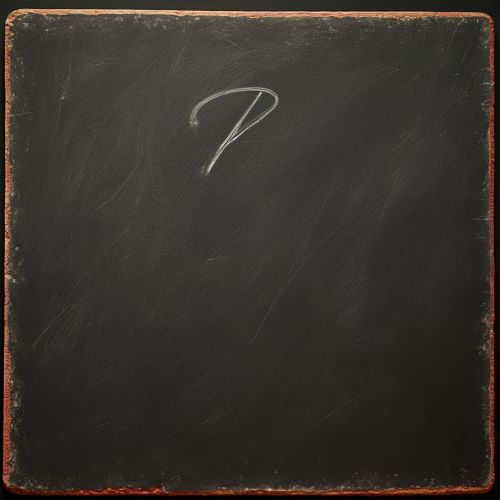Number Seven
Introduction
The number seven is a natural number following six and preceding eight. It is a prime number, and is often considered lucky in various cultures around the world. The number seven has a rich history and significance in many fields, including mathematics, religion, music, and even everyday life.
Mathematical Properties
Seven is the fourth prime number. It is not only a Mersenne prime (since 2^3 − 1 = 7) but also a double Mersenne prime as it is itself the exponent for another Mersenne prime (127). Seven is the only number less than 15 that cannot be represented as the sum of the squares of three integers.


Cultural Significance
Seven is a number with significant cultural, religious and symbolic meaning around the world.
In Religion
In many religions, seven is a number of great importance. For example, in Christianity, God created the world in six days and rested on the seventh, creating the basis of the seven-day-week we use to this day. In Islam, the Kaaba is circled seven times in the tawaf ritual. The number seven is also significant in Judaism, with the Menorah (ancient and modern) having seven branches.
In Literature
The number seven is often used in literature to signify completeness or perfection. In the Harry Potter series by J.K. Rowling, seven is said to be the most magical number. There are seven books in the series, seven players on a Quidditch team, and seven years of study at Hogwarts School of Witchcraft and Wizardry.
In Music
In music, there are seven notes in a traditional major or minor scale. The diatonic scale is also known as a heptatonic scale, from the Greek word heptas, meaning seven.
Scientific Significance
In the natural world, the number seven is also of importance. The rainbow, for example, displays seven colors: red, orange, yellow, green, blue, indigo, and violet. Additionally, the Periodic Table of Elements consists of seven horizontal rows, known as periods.
In Everyday Life
In everyday life, the number seven is prevalent. There are seven days in a week, seven continents, and seven seas. Many people also consider seven to be a lucky number, and it is often used in gambling and other games of chance.
